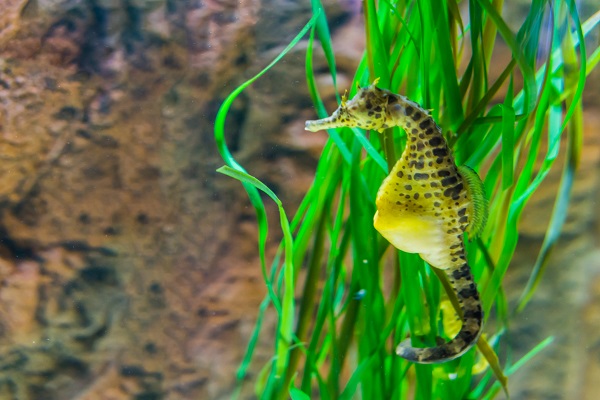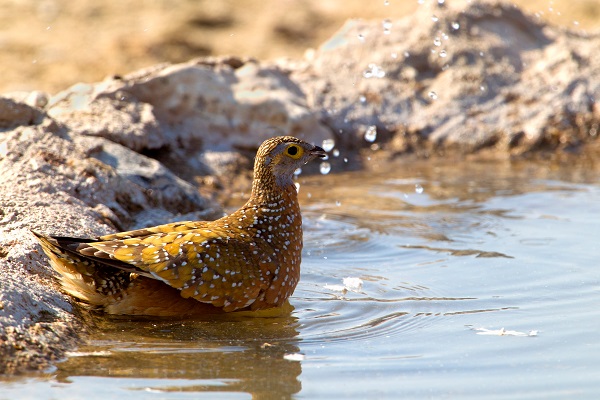When it comes to parenting◆ in the animal kingdom, we typically see the female as playing the most important role. We focus on maternal◆ instinct—the motherly◆ urge to protect and nurture offspring◆. Yet, there is also a paternal◆ instinct, and, in some species, it is the male that does most of the work of raising the kids. In this article, we honor a few of the best dads around, some of which may surprise you. The emperor penguin: Minding the egg If an award were handed out for the best father on the planet, one of the strongest contenders◆ for that title would be the emperor penguin. Once the female has laid an egg, she is exhausted and must return to the sea to feed. That leaves it entirely up to the male to make sure the egg remains safe and warm during her absence, which may last more than 120 days. This is no easy task. To keep the egg from freezing on the Antarctic◆ ice, a male must balance the egg on top of his feet. Meanwhile, the father uses a warm patch of skin on his belly to provide warmth for the egg. Not only that, but the male must also sleep standing up. Moreover, the male doesn’t eat during the entire time the mother is away. 
The Namaqua sandgrouse◆: Traveling for water While male emperor penguins need to keep eggs safe in temperatures lower than -40ºC and in winds that reach as high as 200 kilometers an hour, the male Namaqua sandgrouse of Africa has an entirely different problem. In the hot, dry desert climate, this bird may need to fly up to 30 kilometers to reach water holes in order to bring water back to its nest. It does this by wading in the pond for 15 minutes so its feathers soak up the water. *Back at the nest, the sandgrouse chicks crowd around the male and drink the water from its feathers. * 在嚴謹文法中,前後子句的主詞不一致時,在化簡為分詞句構時應兩個都保留,但在現代用法中,當上下文明確時,句中的不同主詞一起被省略的情形有愈來愈常見的趨勢。 
| 

沒有留言:
張貼留言